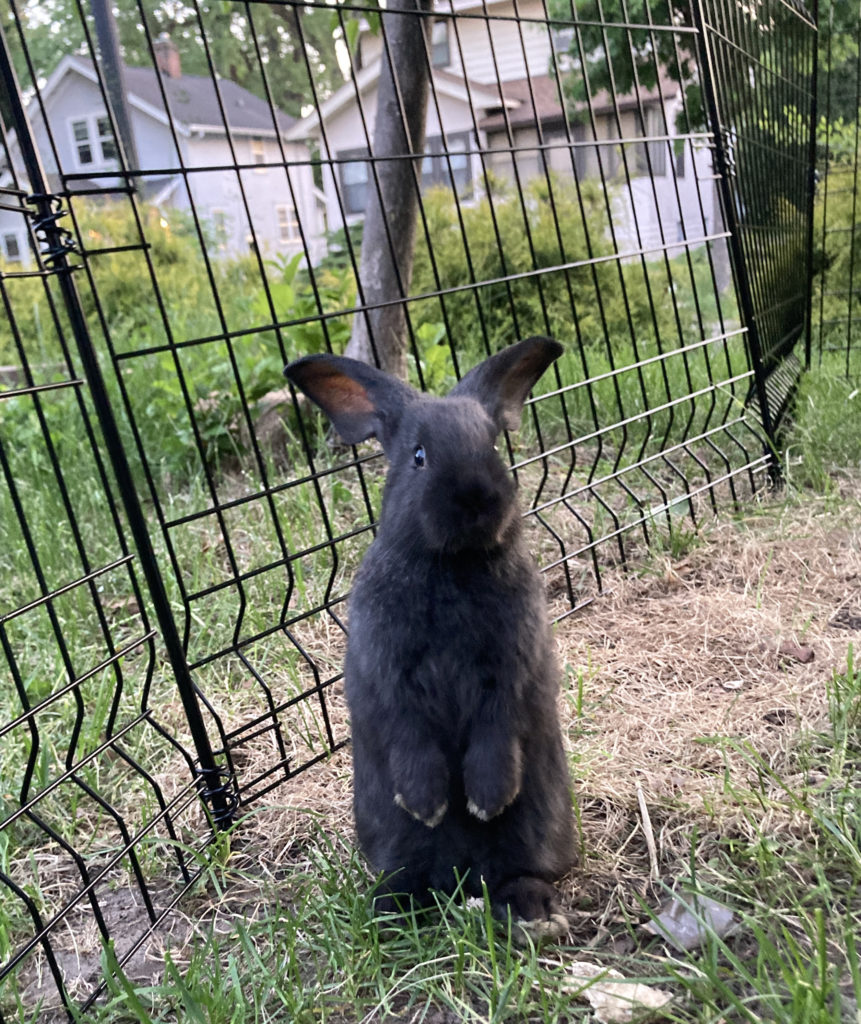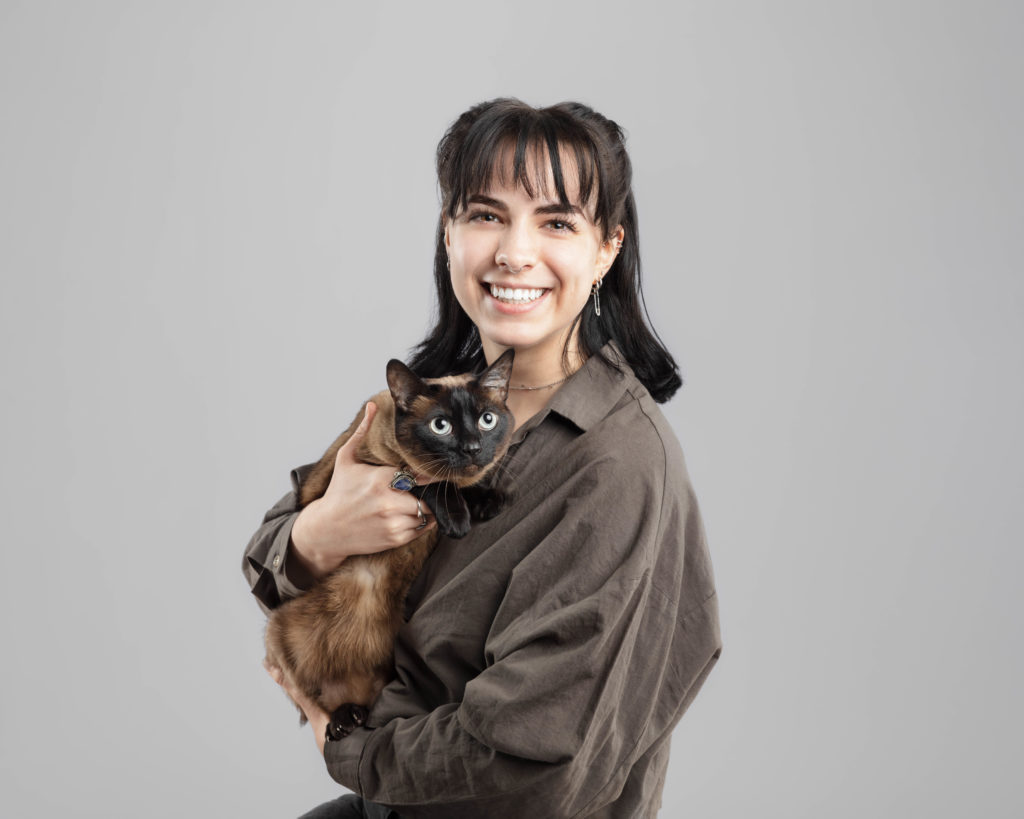It’s The Law: Legalities Surrounding Veterinary Care
In veterinary medicine, we are required to follow laws set by our state veterinary board, pharmacy board, and board of animal health. While these can be frustrating for you, these laws are in place to protect the safety of both pets and humans. These are the most common laws that affect our day-to-day in the clinic:
- A valid veterinary-client-patient relationship is required in order to diagnose, treat, and prescribe medications for a pet. In Minnesota, a pet has to be examined at least once yearly in order for the relationship to be considered valid. This law also means that we cannot provide veterinary advice or recommendations over the phone for pets who are not current patients of ours.
- Prescription medications cannot be returned once they leave the clinic. Prescription drugs have to be handled in very specific ways, such as being stored at certain temperatures, and must remain within a “chain of custody” to ensure that the products being sold are always handled properly. Once they have left our clinic, we can no longer guarantee that they have been handled or stored safely, and so we legally cannot resell returned products to other clients. (Note that there are a few situations in which we can return products, such as when companies have palatability guarantees. These guarantees are most commonly seen with prescription pet foods and some nutritional supplements. These products can be returned for a refund, but they are not re-sold to other clients.)
- Written prescriptions cannot be emailed to clients. A written prescription is a legal document and must be manually signed. Prescriptions must either be directly sent to a pharmacy via fax, email, or verbal communication, or a written prescription can be hand carried to a pharmacy.
- Only a veterinarian can diagnose diseases and prescribe medications for pets. Our veterinarian technicians and assistants are incredibly skilled professionals, but legally they cannot make diagnoses. If your pet is being seen by a veterinary technician to have blood drawn for a heartworm test, for example, the technician cannot examine a lump or diagnose an ear infection. You can let the technician or assistant know about your concerns and they will help get your pet scheduled with a doctor.
All About Anal Glands
This is nobody’s favorite topic to discuss, but we promise that this is a topic worth understanding! Dogs and cats have a pair of glands that are located around the anus. These glands make a smelly material that contains pheromones and other chemicals that communicate a lot of information to other animals. When they are functioning properly, anal glands secrete material that is stored in small sacs. When a pet defecates, pressure is applied to the sacs and the material is excreted onto the pet’s stool. Unfortunately, anal sacs are prone to problems such as becoming impacted (unable to empty), infected, or ruptured.
Signs that a pet is having problems with their anal glands or anal sacs include scooting, licking at the area excessively, bleeding or other discharge coming from the area, and/or pain when defecting. Treatment may involve wound care, pain medication, anti-inflammatories, oral antibiotics, or topical ointments. Most pets also benefit from wearing a cone to prevent licking and self-trauma of the area while it is healing. Anal glands and anal sacs can be surgically removed for pets who have recurrent problems with infections or ruptures.
If your pet has ever suffered from anal sac issues, you will do anything you can to prevent them in the future- pain in such a sensitive area is a miserable experience for your pet and for you! Prevention depends on why the anal sacs were unable to empty normally in the first place.
Stools that are too soft or too small: Because material is expressed by pressure applied when a pet defecates, pets who have very soft stool or frequent diarrhea may not be able to empty the material normally. These pets might benefit from added fiber to help them make larger and firmer stools (side note: despite its popularity as a fiber supplement, pumpkin isn’t particularly high in fiber and can sometimes make stools softer; ask your vet about better options for fiber supplementation if you think your pet could benefit from fiber).
Too narrow of a duct or too thick of material: Anal sac material has to move through tiny ducts when the sacs empty, so if a pet has abnormally scarred or narrowed ducts, or if they have very thick material, it may not be able to empty easily. These pets may benefit from having their anal sacs manually expressed.
Allergies: One of the most common causes of recurrent anal sac disease is allergies, either to food or to environmental allergens. Allergies cause inflammation of the skin, including the skin around the anal area. The tiny exit of the duct thus becomes obstructed and the anal sacs can overfill and rupture. These pets usually find relief through hypoallergenic diets and/or medications to control their allergy symptoms. Some pets with very chronic allergies benefit greatly from surgical removal of their anal sacs to prevent ongoing problems.
Masses: Anal sacs can develop masses or tumors. Part of your pet’s physical exam when they are experiencing anal sac disease includes careful palpation of the area for the presence of abnormalities such as masses. Anal sacs with tumors need to be surgically removed.
Keeping Bunnies Safe Outdoors

We think that bunnies are happiest and healthiest when kept as indoor pets, but rabbits benefit from having some time outdoors when the weather is nice. Bunnies love munching on fresh grass and dandelions, and the enrichment of the smells and sounds of the outdoors can make your bunny’s day much more interesting. There are some precautions to take that will keep your bunny safe when outside:
- Rabbits are not tolerant of hot temperatures. Make sure that they have access to shade and cool water while they play outside. Many bunnies appreciate having a frozen bottle of water to lay next to if they need to cool down. Avoid having rabbits outside during the hottest parts of the day.
- Rabbit Hemorrhagic Disease Virus is a fatal viral infection that rabbits can contract from flies, wild rabbits, or contaminated environments. We recommend that all rabbits (even those that live exclusively indoors) be vaccinated against RHDV2.
- Dogs, cats, birds of prey, and other wild predators will all attempt to turn pet bunnies into their next meals. Rabbits who are playing outdoors need to be carefully protected to prevent injury from predators.
- Bunnies are expert diggers and jumpers. If left alone in an outdoor enclosure long enough, many rabbits will figure out how to escape. Be sure to supervise rabbits closely when outdoors so that you can intervene if they try to get away.
- Rabbits are very sensitive to herbicides and pesticides. Do not allow your rabbit to eat plants that have been sprayed with chemicals.
- Flies can lay eggs on rabbits, especially if they have any fur that is damp/soiled or open wounds. The eggs hatch into maggots and can cause severe infection on the rabbit. Called “fly strike”, this condition is much more common in very young, very old, and disabled rabbits. Use extreme caution if you allow your more sensitive rabbit outdoors, especially if you see a lot of flies around them and their enclosures.
Employee Spotlight: Chelsea Collins

Chelsea (she/her) is one of our veterinary assistants. Originally from the south metro suburbs, she now lives in Minneapolis with her sassy kitty, Bella. She graduated from the University of Minnesota with a degree in Spanish but she is planning on continuing her education in veterinary medicine, either to become a DVM or CVT. Outside of work and her love for animals, she enjoys rock climbing, hiking, reading, and puzzles.
What is your favorite aspect of veterinary medicine?
My favorite aspect of working in veterinary medicine is witnessing and supporting the special bond between humans and their animals.
What do you think is special about St. Francis? Why do you love working here?
St. Francis is special because of the beautiful sense of community it has built. I am so grateful to work at an establishment with such a supportive and passionate team.

